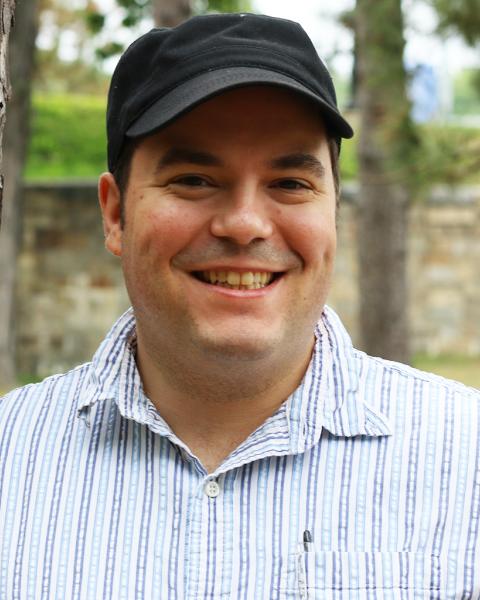New Roots
“How were the cucumbers last week?” Isho Mahamed asks a customer at the Merrimack Farmers Market on a rainy July afternoon.
The customer is one of Mahamed’s many regulars at the market. Mahamed’s well-known for her tomatoes, beautiful, uniform slicing tomatoes and a colorful variety of cherry and grape types, which she sells by the pint.
“I used to sell them by weight, but I kept filling the containers up and they just kept selling,” Mahamed says, laughing.
Mahamed is one of 28 farmers who grow crops at Fresh Start Farms in Dunbarton. Farming was new to her when she came to New Hampshire five years ago, after living in a Kenyan refugee camp.
“I love growing vegetables and working at the markets,” she says.
She’s got a knack for it, as do the rest of Fresh Start’s farmers, all of whom have come from across the world to live, work and grow in New Hampshire. The farm is part of the Organization for Refugee and Immigrant Success’ (ORIS) agricultural program. It’s also a frequent destination for UNH Extension specialists, who conduct workshops and offer advice to the farmers who work there.
Extension specialists have been helping Mahamed and the other farmers who grow on Fresh Start’s seven acres for the last seven years, thanks to a USDA grant. The partnership includes two to four workshops a year, covering everything from dealing with insects and diseases and extending the growing season to marketing products and developing a post-harvest plan.
"New Hampshire always needs more farmers, so having the tools and resources from UNH Extension available will only help the farmers at Fresh Start grow their business."
“Our role is to give them the information so that they can decide what to do,” says Extension specialist Nada Haddad. “Farming is complex, and Extension helps these new American farmers navigate each component of production.”
Fresh Start Farms was founded in 2011. The farmers represent a cross-section of refugee and immigrant communities from the greater Manchester region and use the agricultural know-how they’ve brought from their home countries to establish new roots in the Granite State.
“New Hampshire always needs more farmers, so having the tools and resources from UNH Extension available will only help the farmers at Fresh Start grow their business,” says Jessica Newnan, agricultural program coordinator at ORIS.
That business is good for New Hampshire, where agriculture has a $190 million economic impact, and for farmers like Mahamed. She and the other Fresh Start farmers sell their wares wholesale to schools and businesses and directly to customers at farmers markets and neighborhood farm stands. This year, operations at Fresh Start have expanded, with two new production areas in Concord.
It’s good for Granite State communities, too, Newnan says. By selling at local markets, farmers are able to integrate into their communities and develop relationships outside their neighborhoods, and long-time residents get to know their new neighbors.
“With the population of immigrants and refugees in the southern New Hampshire area, there comes with that a demand for the food they’re used to eating and that they’ve grown up with. So if the farmers can grow it here … I think that’s a good thing for everybody,” says Extension specialist Jeremy Delisle, who works with the farmers. “They’re really interested and hungry for that information.”
That crop diversity is reflected in Fresh Start’s fields and greenhouses, where magenta plumes of amaranth pop among the wealth of green vegetation. Though an uncommon sight in New England, amaranth is common across Africa, where its leaves, similar to spinach, are a staple in dishes throughout the continent.
“I like to grow vegetables and fruit. I was doing it back home, and so I was interested in doing something similar here,” says Sylvain Bukasa. “Back home” is the Democratic Republic of the Congo in Central Africa, which he left in 2006 to come to the U.S. He lives in Manchester and works for a car-rental company, but Bukasa says he feels most at home working on the farm.
Partnering with Extension helps Mahamed, Bukasa and other farmers succeed. A workshop this past winter encouraged Bukasa to try growing blueberries for the first time, and a recent visit from Delisle helped Mahamed identify a pest damaging her beet and spinach foliage.
Mahamed, a natural farmer, is undeterred and already looking ahead to the next season.
“I decided not to plant any fall spinach or beet crops,” she says. “But hopefully, Jeremy can help us manage it for next year.”

